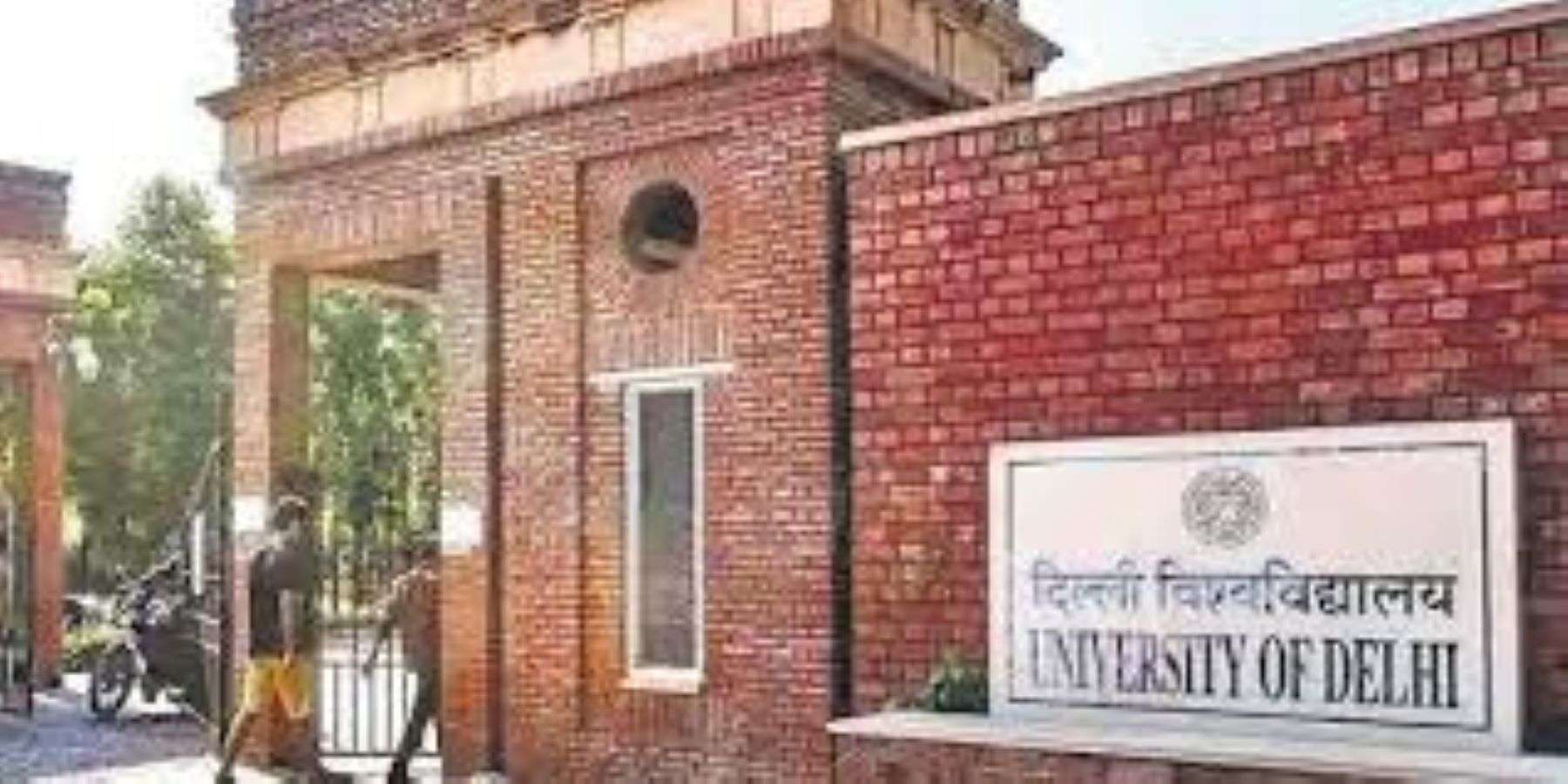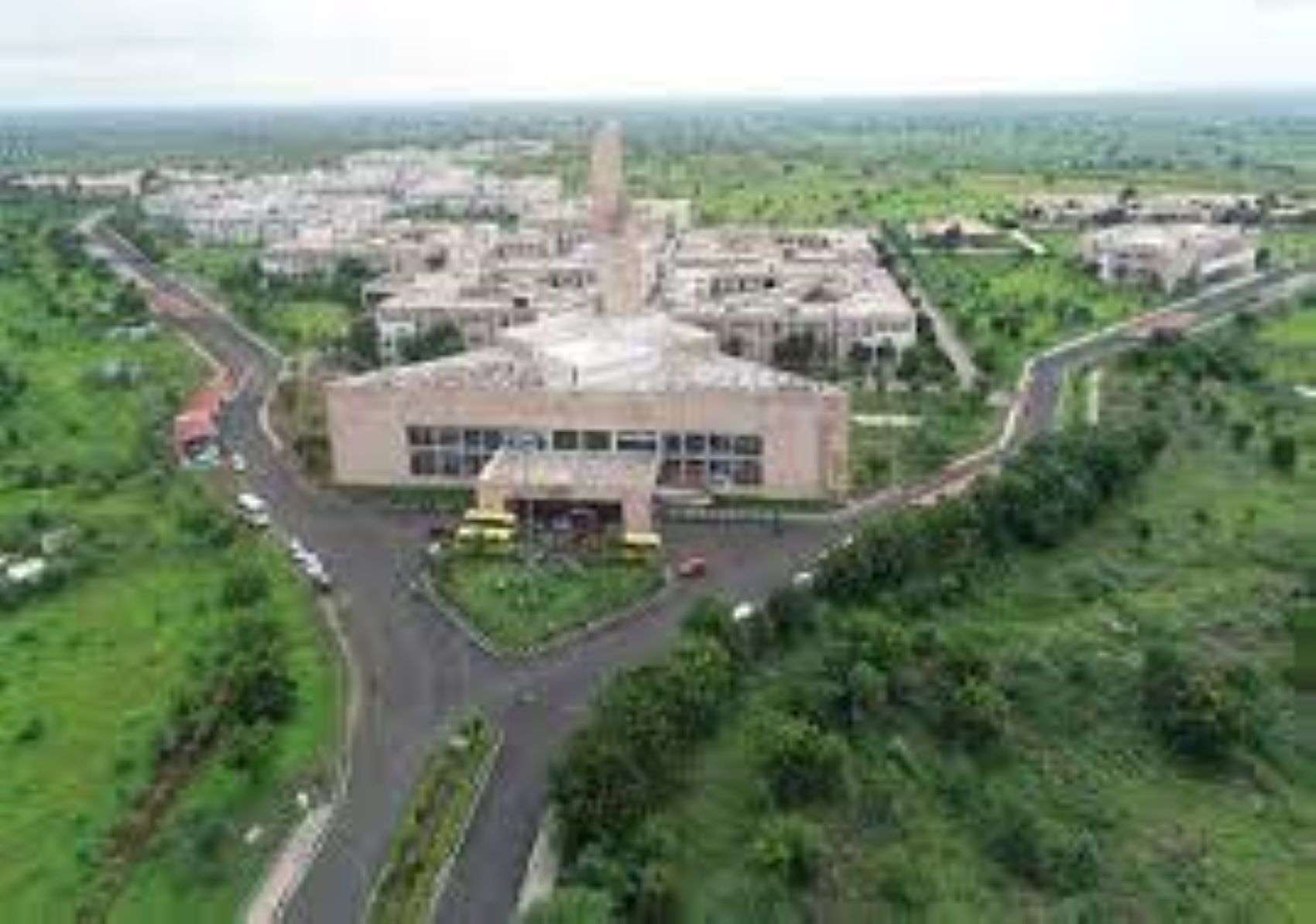Delhi’s electric vehicle policy was notified on August 7, more than eight months after the state cabinet chaired by Chief Minister Arvind Kejriwal approved it. Following the notification, Kejriwal described it as a step towards reducing pollution levels.
- Delhi is one of the most polluted cities in the world, and air quality becomes especially dangerous with the onset of winter, as gaseous pollutants from vehicle emissions join the soot smoke from the Punjab countryside and Haryana.
- where farmers burn agricultural residues after harvest. The explosion of firecrackers during Diwali also compounds the problem.
- The policy has been notified for a period of three years, after which it can be renewed in its current form or after the appropriate modifications.
What is the main objective of the policy?
The policy, according to its basic text, aims to make Delhi the electric vehicle (EV) capital of India. An ambitious target has been set to ensure that by 2024, electric vehicles account for 25% of all new vehicle registrations in the country’s capital to achieve a “material improvement” in air quality in Delhi reducing air emissions. transportation sector.
What is the share of vehicle emissions in Delhi’s pollution?
According to a study by IIT-Kanpur, which to this day remains the source distribution analysis (proportion of specific sources of pollution) of air pollution in Delhi, vehicles are the second most important and most “consistent” (about 20-25%) that contribute to the source of pollutants PM10 and PM2.5, which are fine particles that are up to 30 times finer than the width of human hair.
- The Authority (Prevention and Control) of Environmental Pollution, supervised by the Supreme Court, also pointed out that industrial and vehicular pollution were responsible for most of the nitrate particles formed from nitrogen oxides and dioxides sulfate sulfur in the city.
What promise does the electric vehicle policy hold for cleaning Delhi’s air?
- Currently, the share of electric vehicles is negligible in Delhi, be it two-wheelers, cars or automobiles. Over the next year, the Delhi government aims to induce at least 35,000 electric vehicles in all segments and the five-year plan calls for the induction of 5 lakh of electric vehicles.
- “Over their useful life, these electric vehicles are estimated to avoid around Rs 6 billion in imports of petroleum and liquefied natural gas and 4.8 million tonnes of CO2 (carbon dioxide) emissions, which is equivalent to Avoiding the CO2 emissions of almost one lakh from gasoline-powered cars over their lifetime.
- They will also avoid around 159 tons of PM 2.5 (fine particulate matter) emissions”, according to an official document.
What roadmap does the policy establish for the transition to electric mobility?
- The policy is driven by incentives that the government says will encourage people to buy new electric vehicles and scrap those that run on gasoline and diesel.
- Offers low-interest loans for battery-powered utility vehicles such as buses and trucks. The policy places particular emphasis on the category of two-wheelers, cars, and freight carriers and, for the first time, will allow ridesharing services like Ola and Uber and last-mile delivery platforms like Zomato and Swiggy to operate with batteries. -bicycles driven.
- “All two-wheelers involved in last-mile deliveries (eg food delivery, e-commerce logistics, etc.) are expected to switch 50% of their fleet to electricity by March 2023, and 100% of its fleet by March 2025 ”, indicates the policy.
- Currently, two-thirds of new vehicle registrations in Delhi include two-wheelers. Starting in 2020, the government has also committed to ensuring that 50% of its purchases of new public buses are purely electric buses.
What are the various purchase and scrapping incentives on offer?
- In the case of bicycles, a purchase incentive of Rs. 5,000 per kWh of battery capacity per vehicle will be provided to the registered owner, subject to a maximum premium of Rs 30,000 per bicycle.
- Up to Rs 5,000 will be allocated for the scrapping of old gasoline and diesel bicycles and the purchase of electric vehicles. Those who buy electric cars will receive a subsidy of Rs 30,000 and an additional subsidy of Rs 7,500 to get rid of old CNG-powered cars.
- There will be no limit on the number of electric cars unlike those that run on CNG, which cannot exceed 1 lakh in the city. The purchase of electronic rickshaws will also come with an inventiveness of Rs 30,000.
- Similar incentives will be awarded to the purchase of the first 10,000 battery carriers. In the case of four-wheelers, the first 1000 electric car purchases can receive subsidies of up to Rs 1.5 lakh per vehicle. And finally, road taxes and registration fees won’t apply to all electric vehicles, the policy says.

What about creating a charging infrastructure to support this important transition?
- The policy recommends amending the building bylaws so that all new homes and workplaces are “EV ready” with 20% of vehicle parking capacity equipped with charging points.
- The purchase of charging stations will also be incentivized up to Rs 6,000 per station for the first 30,000 such points. Existing building owners and RWA will be “encouraged” to follow suit with similar incentives.
- The policy lists the creation of public charging facilities within a three-kilometer drive from anywhere in Delhi as a primary goal by asking companies to set up battery charging and swapping stations at “minimum minimum rents” and a full refund shopping for interchangeable batteries for them.

What about battery recycling?
- The policy recognizes that failure to reuse or properly recycle batteries will have a “high environmental cost”.
- Typically, an electric vehicle needs two batteries during its lifespan of approximately 10 years. However, the policy does not include details on the ways and means of recycling batteries.
- It simply states that “the policy will encourage the reuse of electric vehicle batteries that have reached the end of their useful life and the creation of recycling companies in collaboration with battery and electric vehicle manufacturers that focus on the ‘urban extraction’ of materials rare inside battery for reuse. use by battery manufacturers”.

Who will fund the incentives?
- The policy refers to the concept of “discounted discount,” which refers to the concept that inefficient polluting vehicles incur a premium, while efficient vehicles receive a discount.
- As a result, it seeks to create a fund for electric vehicles consisting of the cessation of pollution, the additional road tax on gasoline and diesel vehicles, “especially luxury ones”, the congestion tax on travel made with cabin aggregators (except those that work with battery).
- Currently, a royalty of 25 rupees per liter is charged on the sale of diesel in the city, which constitutes the ambient air fund.
- Every month, 50% of the amount raised in this fund will be transferred to the EV fund and if the government is still struggling with cash, the Supreme Court’s help will be sought to utilize the environmental compensation fund, made up of taxes levied on commercial vehicles entering Delhi.










More Stories
Registration for CLAT 2025 begins today; last date October 15
CLAT 2025 registration will begin on July 15
Delhi University 5 Year Law Programs Registration Begins